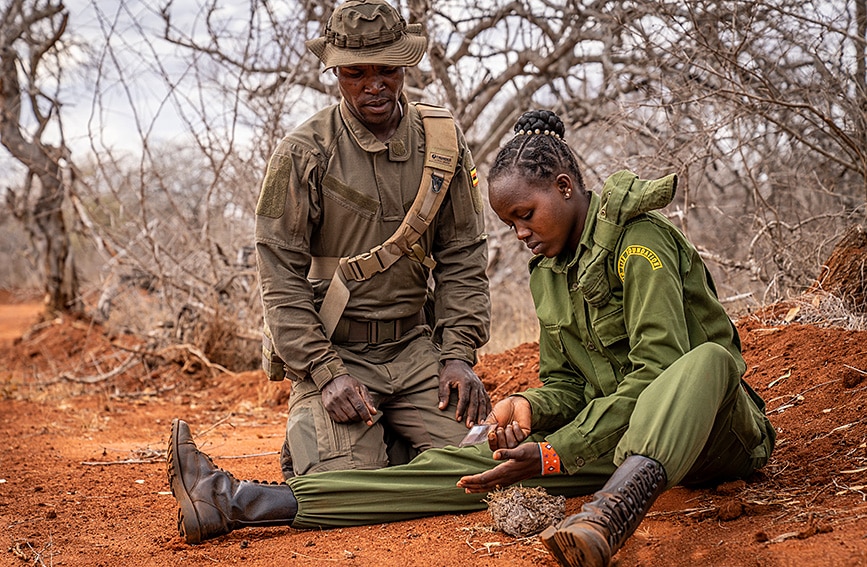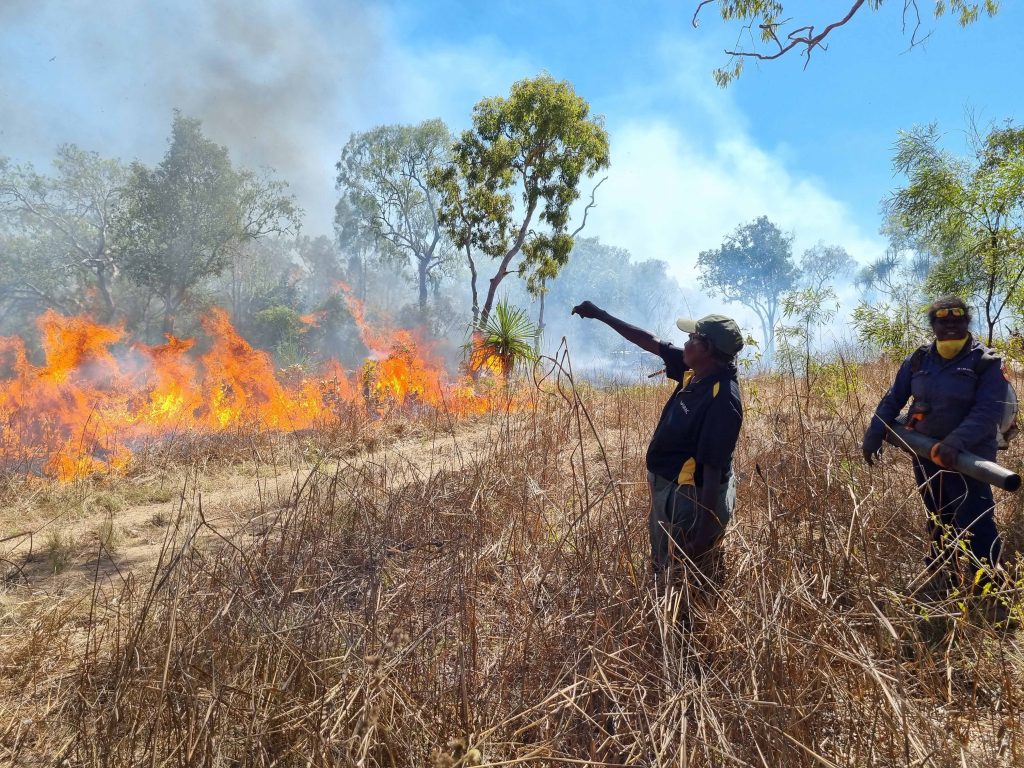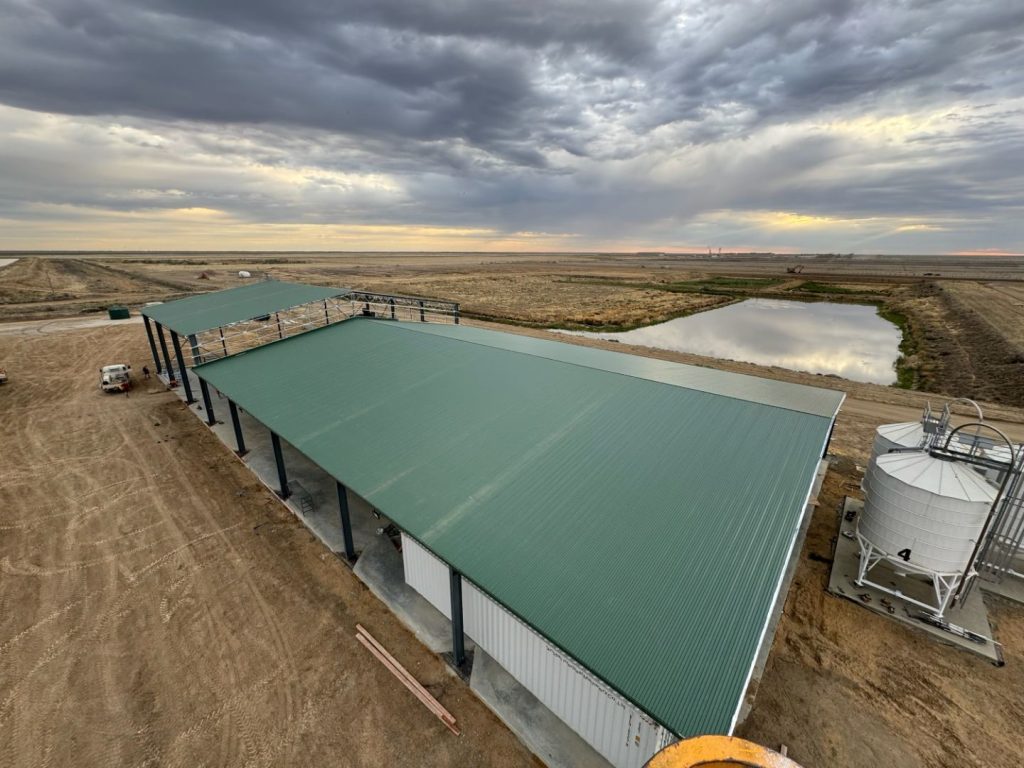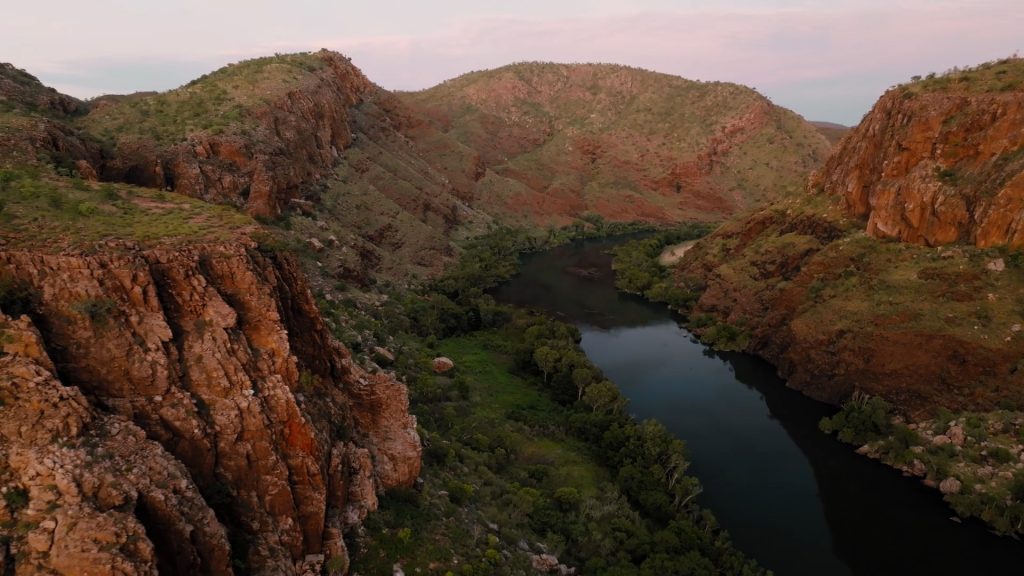Beyond Disclosure: Financing Place-Based Nature Economies
26 September 2025 / WORDS BY Ariadne Gorring, Jane Hutchinson and Kirsty Galloway McLean
read articleClimate Week NYC 2025 kicked off as the largest on record, with over a thousand events across the city drawing governments, financiers, NGOs, and communities into a shared conversation: Power On – how do we accelerate the transition to a cleaner, fairer future?
Relationships are infrastructure
04 September 2025 / WORDS BY KIRSTY GALLOWAY MCLEAN
read articleWhen BHP Foundation invited us five years ago to build Ampliseed, a network connecting landscape-scale environmental resilience projects around the world, we were initially focused on delivering stronger projects, clearer strategies, and better data. What we found alongside our core objectives was the deeper lesson that emerged from every experience, interview, survey and conversation.




